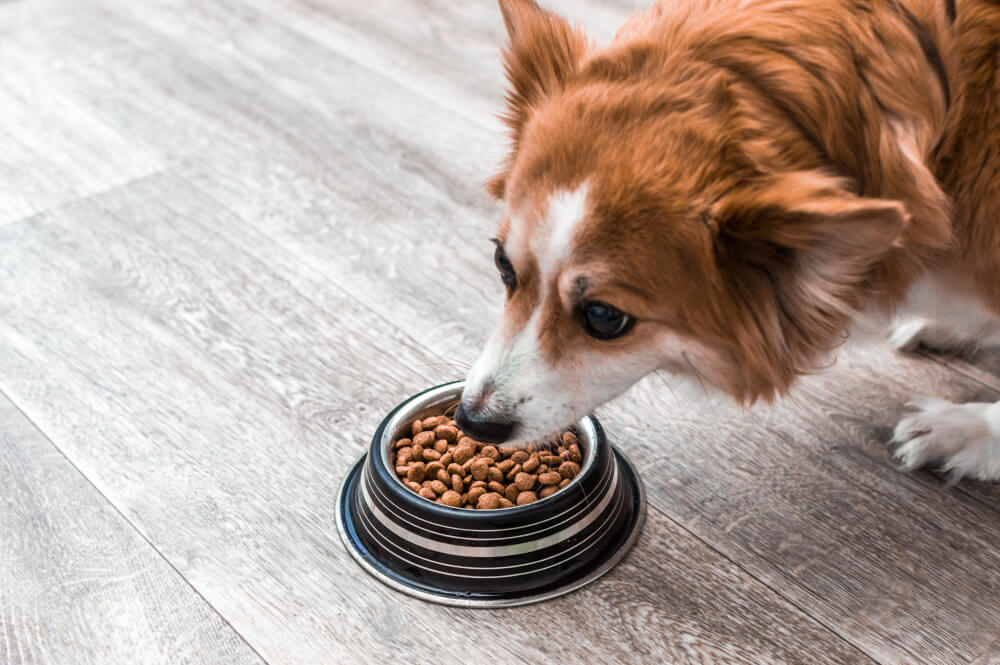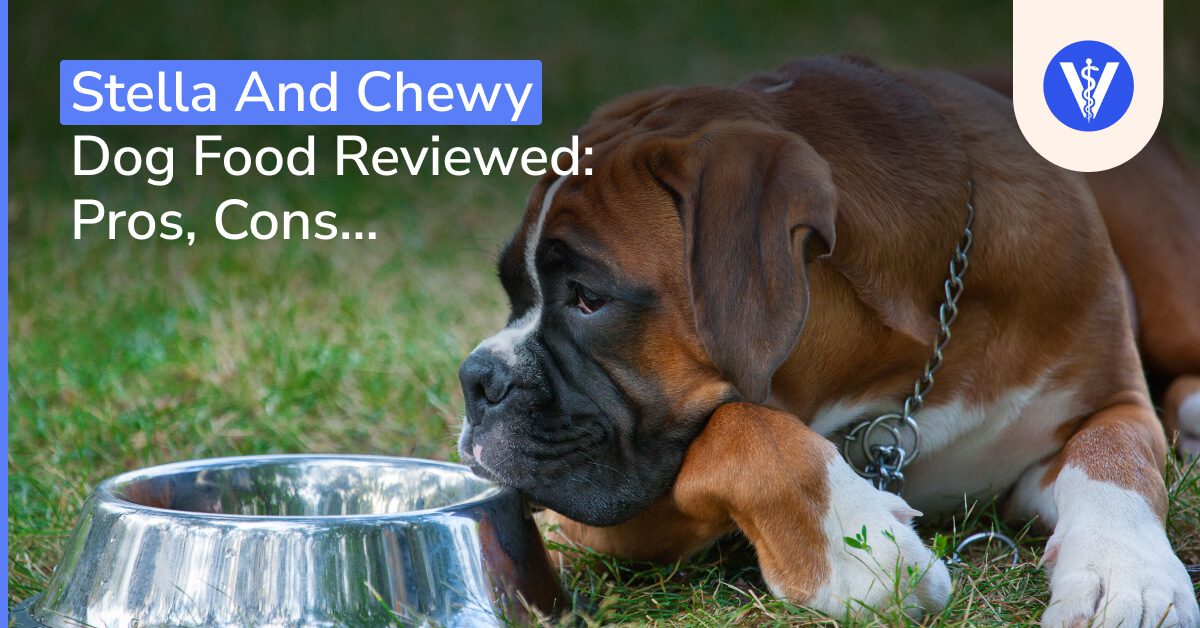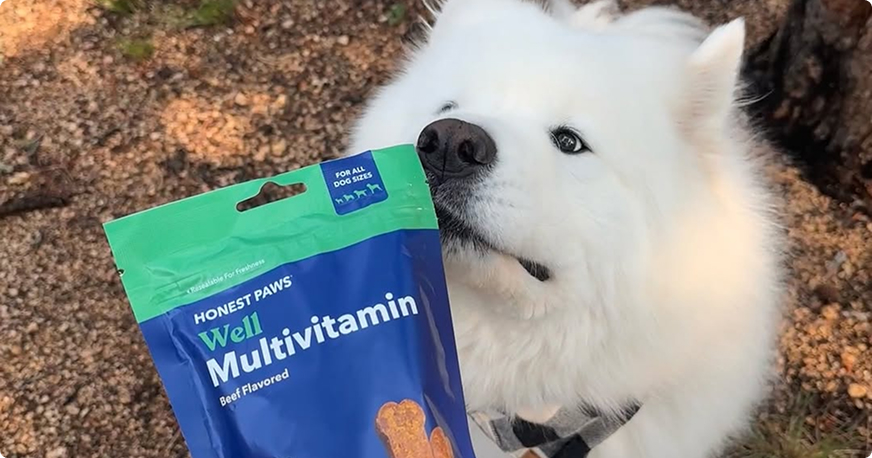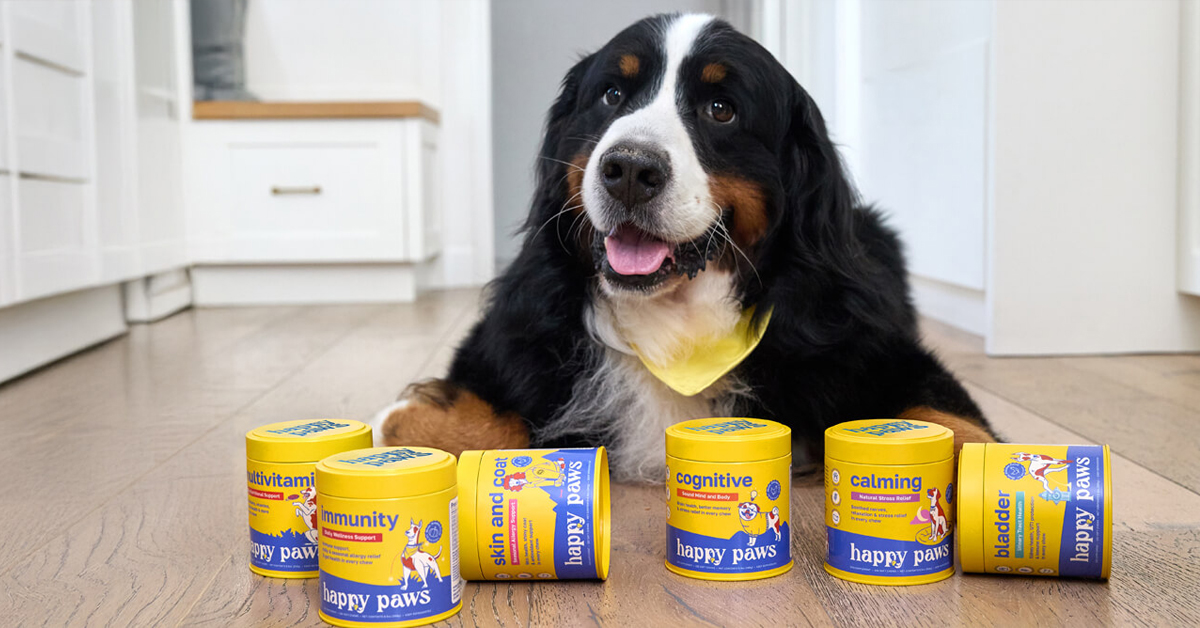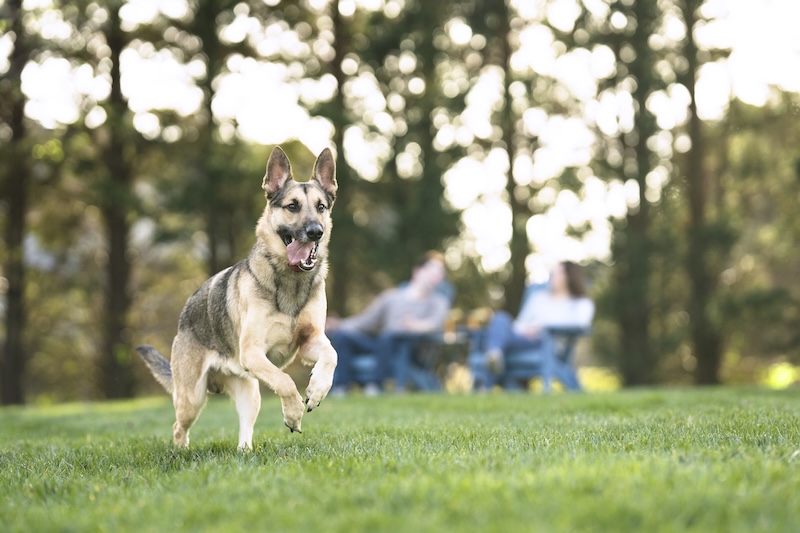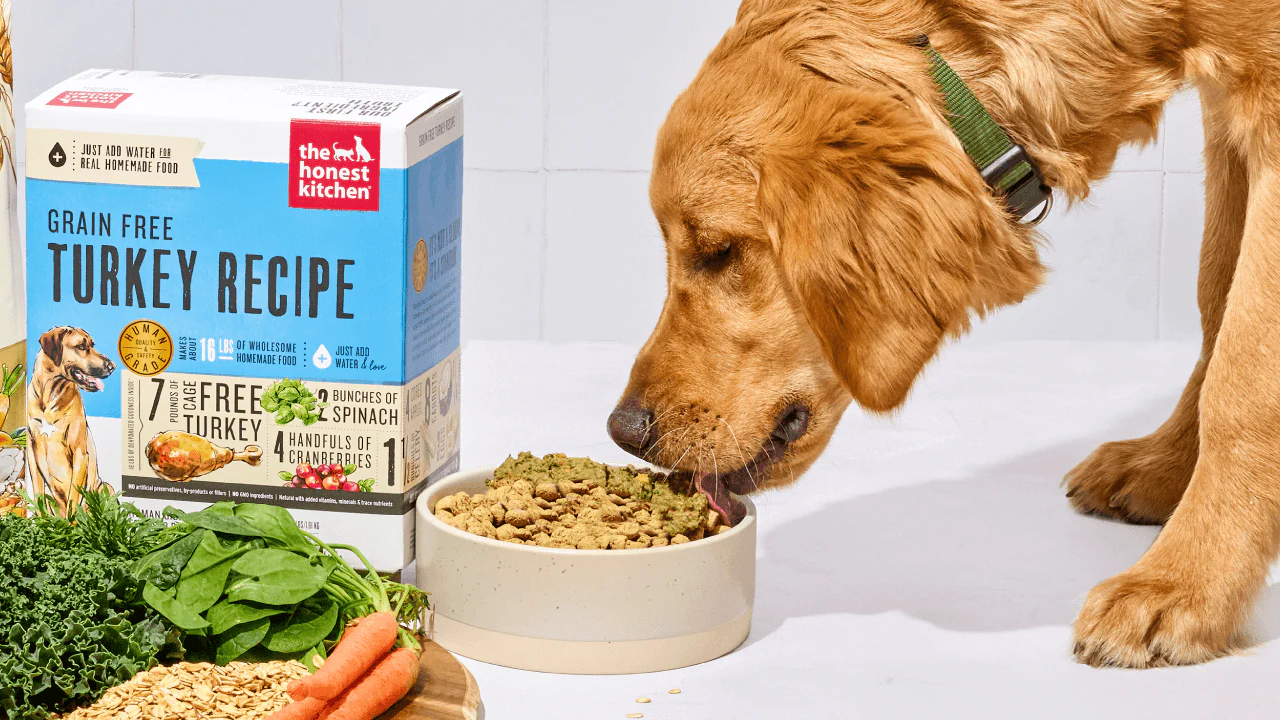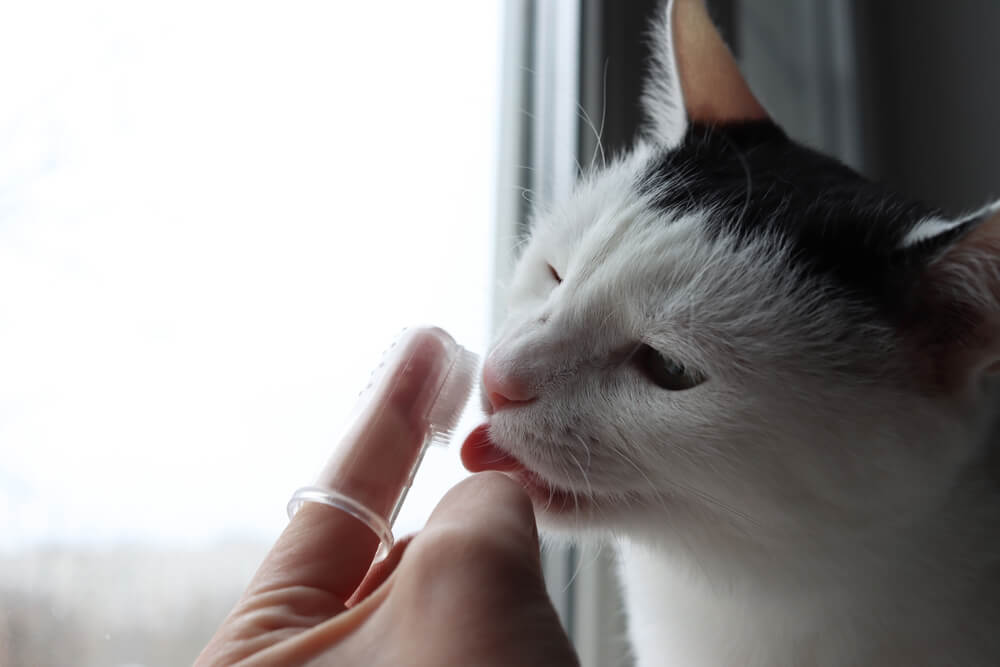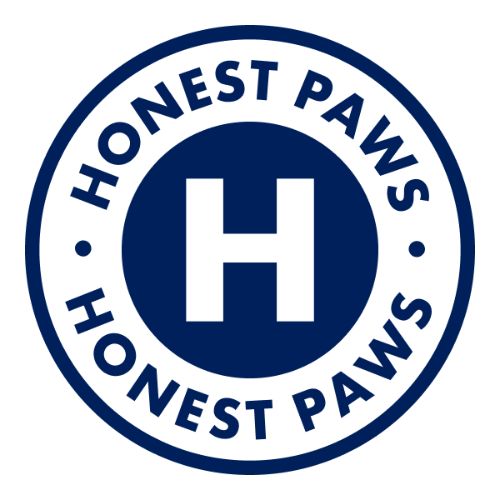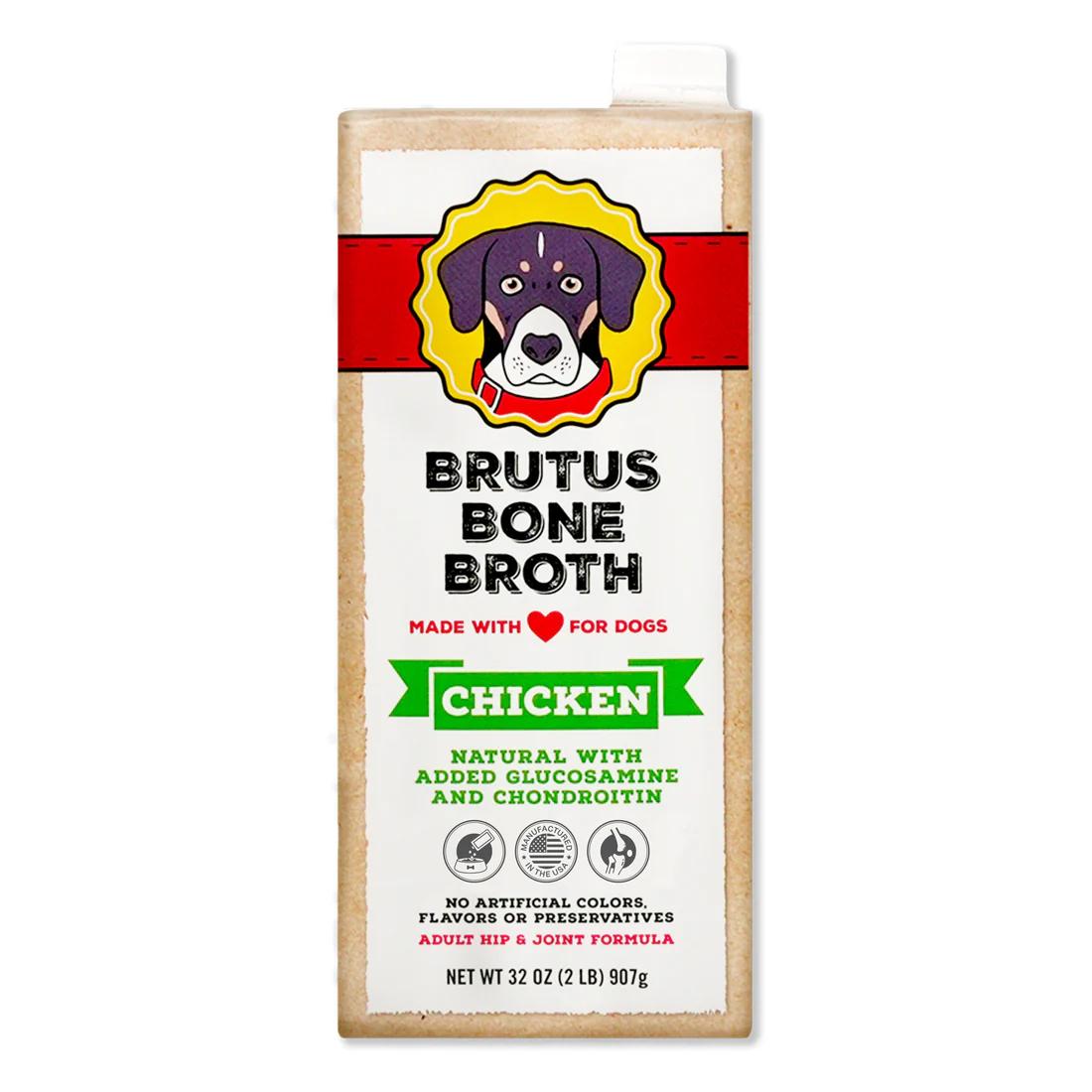Can Dogs Have Chicken Broth?
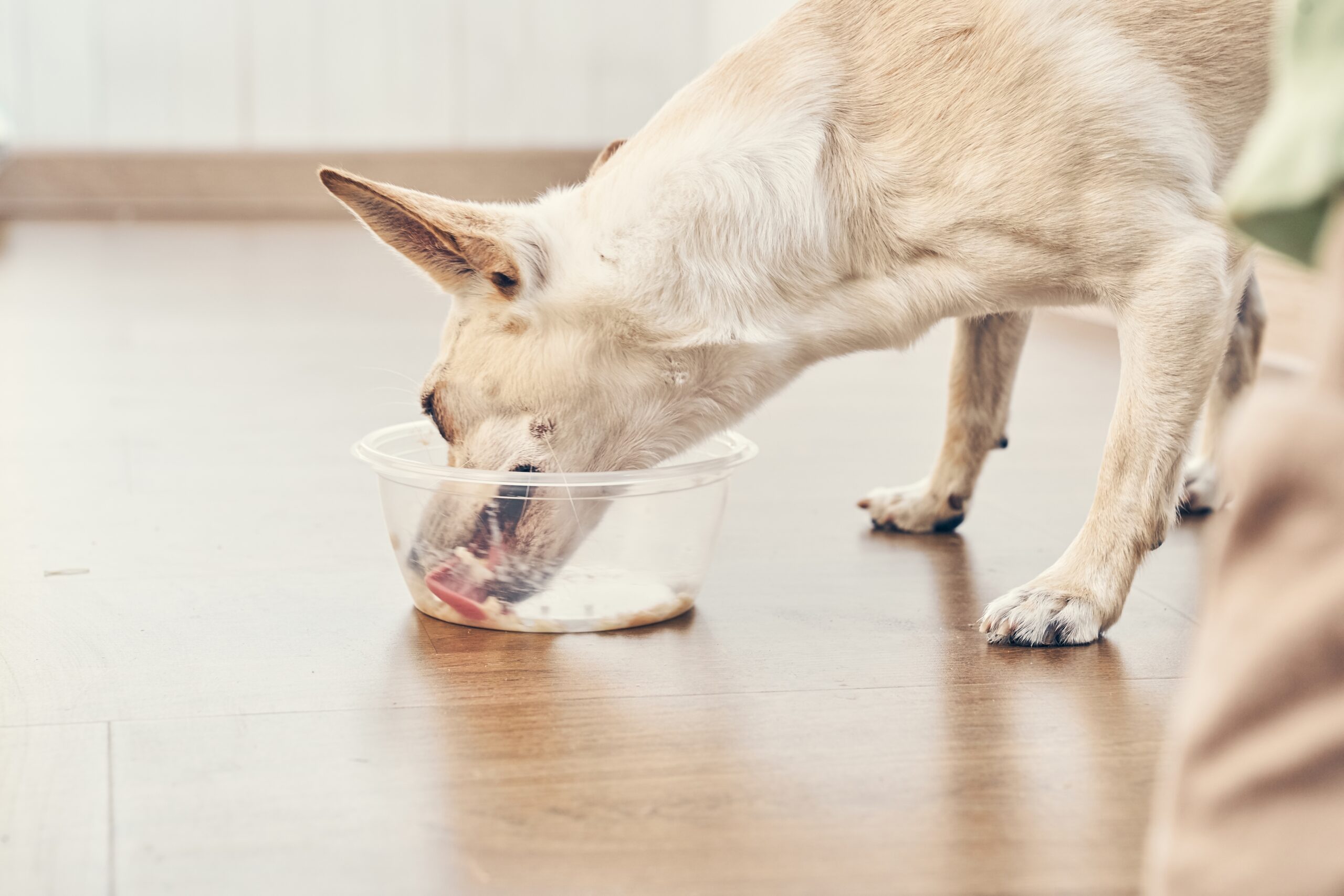

Can Dogs Have Chicken Broth?
Table of Contents
Pet parents looking to create a well-balanced and nutritious diet for their dogs often decide to integrate fresh ingredients with their dog’s regular kibble, particularly by introducing a direct source of proteins. Dog owners then often ask themselves questions such as ‘Can dogs eat chicken’. The most direct answer is yes, dogs can eat chicken. Chicken is not only a rich source of lean protein but also provides essential amino acids and omega-6 fatty acids that promote muscle development, support immune function, and contribute to healthy skin and coat. As we have established that chicken is a great addition to any dog’s diet, are there any specific chicken cuts or parts of this poultry that are most beneficial to dogs, and in which quantities can they be consumed? For instance, can dogs have chicken broth? Is chicken broth good for dogs? Yes, chicken broth can offer a variety of potential benefits for dogs if it’s made with dog-safe ingredients, is low in sodium, and used in moderation. A dog-safe broth should have minimal ingredients and can include chicken, water, and dog-safe vegetables such as celery, carrots, pumpkin, green beans, and peas (all fresh or frozen, never canned due to the high salt content). Onions, garlic (even in powdered form), and salt are not dog-safe and should be avoided. You should also avoid other additives, such as flavor enhancers and artificial sweeteners. The best ways to use broth include mixing it into a bland diet, such as chicken and rice, pouring a small amount over dry kibble, or using it as a base for frozen treats.
Why Is Chicken Broth Good for Dogs?
Chicken broth is good for dogs due to a variety of reasons. Giving a dog a small amount of chicken broth can have the following potential benefits:
- Encourages hydration – Helpful for dogs that don’t drink enough water. Be sure to use a low-sodium or no-sodium broth.
- Appetite booster – Great for picky eaters or sick dogs when added to kibble.
- Gentle on teeth – Great for older dogs or dogs who have recently had dental work, and cannot eat crunchy food. Soaking kibble in a low-sodium broth can be an appetizing and low-cost way to soften their regular kibble.
- Gentle on the stomach – Good for dogs recovering from illness or digestive upset.
- Joint support – Bone-based broth contains collagen, glucosamine, and chondroitin, which may help with joint health.
- Rich in amino acids – Helps support muscle maintenance and immune function.
- Fortified with vet-recommended dosages of glucosamine, chondroitin, and turmeric to promote mobility and long-term joint wellness.
- Use as a daily, savory dog food topper, treat, or hydration boost to entice picky eaters and increase palatability.
- Naturally rich in protein, collagen, amino acids, and minerals to support digestion, healthy skin & coat, hydration, teeth, and energy levels.
When Is Chicken Broth Bad for Dogs?
Chicken broth is bad for dogs if it contains ingredients like salt, onions, garlic (even in powdered form), or other additives like MSG or xylitol. We recommend avoiding canned soups or broths intended for human consumption primarily due to high salt content and excessive ingredients. Homemade, minimal-ingredient broth is suggested. Some pet stores sell dog-safe broth or liquid toppers as a ready-made option.
Can Dogs Have Low Sodium Chicken Broth?
Yes, dogs can have low-sodium or no-sodium chicken broth. Avoid giving your dog broth with high levels of sodium intended for human consumption. When in doubt, making a simple broth from chicken, water, and a few dog-safe vegetables, such as peas, carrots, and celery, is preferred.
What Happens if Dogs Eat High Sodium Chicken Broth?
If your dog consumes larger amounts of high-sodium chicken broth, the short-term effects can include excessive thirst, nausea, vomiting, fluid retention (which may appear as swelling), lethargy, or loss of coordination. If dogs consume high-sodium chicken broth daily over extended periods, it can lead to high blood pressure, kidney strain, and electrolyte imbalance. For these reasons, low-sodium or no-sodium chicken broth is recommended in moderation.
Can Dogs Have Canned Chicken Broth?
No, dogs should not have canned chicken broth. In most cases, canned chicken broth available in grocery stores contains high levels of sodium, as well as onions and garlic (powdered onion and garlic count!), and flavor enhancers – all ingredients that should be avoided. Before giving canned chicken broth to dogs, it is crucial to check the label carefully. Some canned broths marketed as “organic” or “baby-safe” may include cleaner ingredients. However, the entire ingredients list still needs to be examined before feeding broths labeled with these claims to a dog.
Can Puppies have Chicken Broth?
Puppies can safely enjoy small amounts of chicken broth, provided that it is low in sodium or entirely sodium-free. When preparing the broth, it’s best to use simple, wholesome ingredients. A good recipe would include fresh chicken and water, along with dog-friendly vegetables such as nutritious carrots, crisp celery, sweet peas, vibrant pumpkin, and tender green beans. This delicious mixture not only enhances the flavor for your puppy but also adds valuable nutrients to their diet. Just be sure to serve it in moderation!
How Much Chicken Broth to Feed a Dog?
Dogs can enjoy chicken broth as a tasty addition to their meals, but it should be given in moderation. This savory broth serves as an excellent topper for dry kibble, adding flavor and enticing even the pickiest eaters. Additionally, it can be blended into a bland diet of boiled chicken and rice, making the meal more enjoyable and palatable. For a refreshing and delightful treat, chicken broth can also be used as the base for homemade frozen snacks, perfect for keeping your furry friend cool on warm days.
Can Too Much Chicken Broth Give a Dog Diarrhea?
Excessive consumption of chicken broth can result in gastrointestinal discomfort, including symptoms such as bloating, cramping, and diarrhea. It’s important to enjoy it in moderation to avoid these unpleasant effects.
Can Chicken Broth Cause Allergies in Dogs?
Yes, chicken broth can cause allergies in dogs, but it is uncommon. More likely, the dog is already allergic to one of the ingredients in the broth, such as chicken protein or any of the spices or additives in store-bought broth. Chicken allergies in dogs are amongst the most common food allergies.
What other Broths are Safe for Dogs?
1. Chicken Bouillon Broth
No, chicken bouillon broth is not safe for dogs. Bouillon is a quick and easy way to mimic chicken broth, involving the dissolving of a bouillon cube in water. However, bouillon usually includes high levels of sodium, as well as other ingredients that are off-limits for dogs, such as onion and garlic. Do not give chicken bouillon broth to dogs.
2. Chicken Stock
Yes, chicken stock can be safe for dogs as long as it is low-sodium or sodium-free and contains only dog-safe ingredients. While stock and broth are often used interchangeably in recipes for human food, they have some key differences. Stock is thicker and richer than broth, and can have a higher gelatin and collagen content, which may be beneficial to dogs in moderation. The ingredients in store-bought chicken stock must be checked carefully for salt, garlic, and onions, which are not safe for dogs.
3. Beef Broth
Yes, beef broth can be safe for dogs as long as it has low or no sodium and uses only dog-safe ingredients, such as beef, water, and vegetables like carrots, celery, peas, pumpkin, and green beans. The ingredients in store-bought beef broth should be checked carefully for salt, garlic, and onions, as these are not safe for dogs.
4. Vegetable Broth
Yes, vegetable broth can be safe for dogs as long as it is low-sodium and uses only dog-safe ingredients, such as water and dog-safe veggies like carrots, celery, peas, pumpkin, and green beans. The ingredients in store-bought vegetable broth must be checked carefully for salt, garlic, and onions, which are not safe for dogs.
